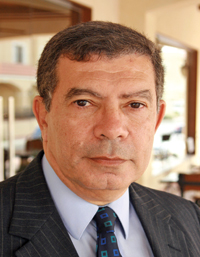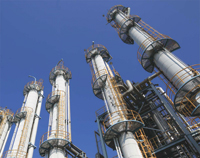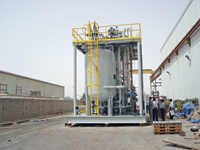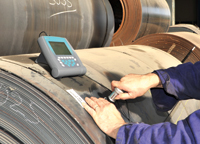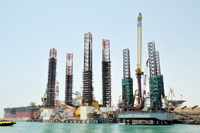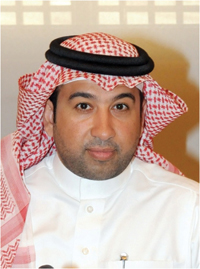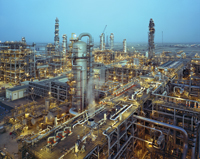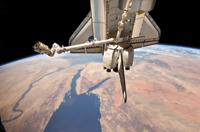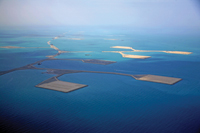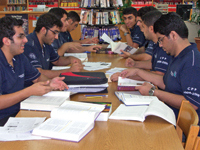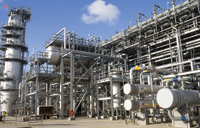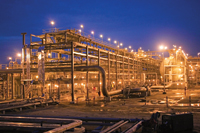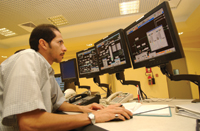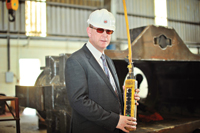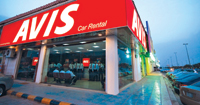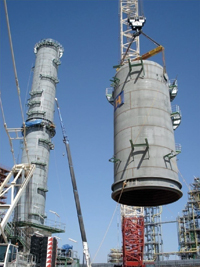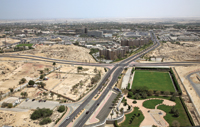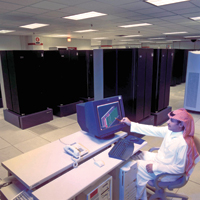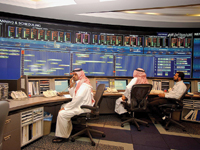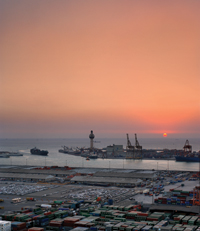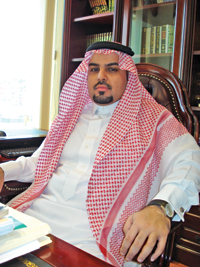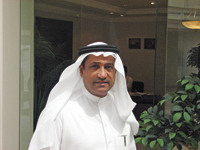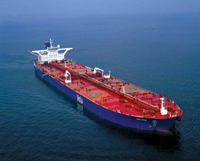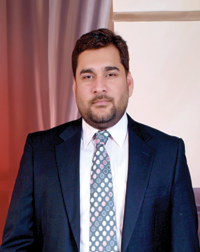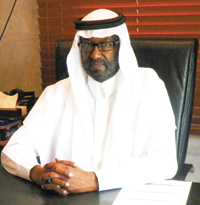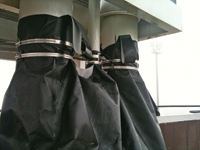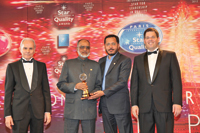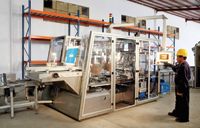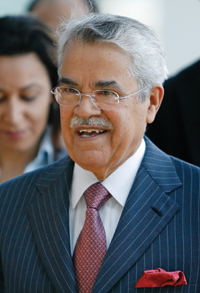
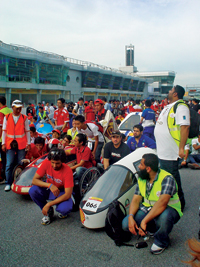 The competition inspires and encourages young minds to create innovative vehicles
The competition inspires and encourages young minds to create innovative vehicles
A TOTAL of 119 student teams from all over Asia and the Middle East came together at the Sepang International F1 Circuit in Kuala Lumpur, Malaysia, from July 4 to 7 to compete in Shell Eco-Marathon Asia 2012 – an event that challenges young minds to see who can design and build the region’s most fuel-efficient vehicle.
For the first time in the event’s history, student teams from universities in the Middle East took part in the competition. Participants included one team from the Abu Dhabi Men’s College, one team from the American University in Beirut, one team from the Lebanese American University, two teams from Qatar University and one team from Texas University in Qatar. Delegations from Basrah University in Iraq, Ain Shams University and Cairo University from Egypt, the American University of Sharjah (AUS) from the UAE and Sultan Qaboos University from Oman also attended the event.
Speaking to media at the event, Muhammad Ridwan Murshed, a student from the American University in Sharjah, expressed his enthusiasm saying: “I am very thankful to Shell for giving me this invaluable opportunity to participate.
“I am looking forward to coming back and I firmly believe that my colleagues in AUS will be very eager to learn about everything I have seen and experienced at the Eco-Marathon.”
On the last day of the competition, results were announced. And the big winner of this year’s event was, once again, the Luk Jao Mae Khlong Prapa team of Thailand’s Dhurakij Pundit University who achieved an extraordinary mileage of 2,903 km per litre in their prototype ethanol car – the equivalent of driving from Dubai to Damascus.
However, the event is not only about results, says Shell. The competition encourages the brightest young minds to create innovative vehicles that push the boundaries of fuel-efficiency and energy conservation, it adds.
An example of this is Shell Eco-marathon first timers from Qatar University, who were inspired to be the first team to use gas to liquid (GTL) fuel to compete in the Asia event.
“We have redeveloped our vehicle and it now features a whole new diesel GTL engine. We are very confident that our vehicle will break new records,” says Bilal Walid Abdullatif of Qatar University’s Team Gernas2.
SHELL ECO-MARATHON
The idea for the competition originated in 1939 as a friendly wager between Shell scientists to see who can travel furthest on a single litre of fuel. From these humble origins the Shell Eco-Marathon has grown into a global competition to develop solutions to society’s most pressing dilemma – the energy challenge.
The event encourages students to design, build and race ultra fuel-efficient vehicles in a competition to see which team can achieve the greatest distance on the least amount of fuel.
The competition is especially relevant in today’s world where there are over 700 million cars on the road globally – a number which is expected to triple by 2050.
 |
|
The Shell Eco-Marathon opens a world |
According to the International Energy Agency (IEA), road transport alone accounts for approximately 17 per cent of global energy use. In rapidly growing countries across the Middle East, the number of vehicles on the road is increasing year on year, and it’s up to future generations to develop solutions to these challenges.
Speaking on behalf of the participants at the event, Dr Shivakumar Ranganathan, professor of mechanical engineering at the University of Sharjah, states that “the Shell Eco-Marathon celebrates the spirit of humanity by pushing the limits of technology and encourages students to apply what they have learnt to develop solutions to tomorrow’s energy challenges.”
In addition to the competition, the event also featured a Future Energy, Smarter Mobility Forum hosted by Simon Henry, chief financial officer for Royal Dutch Shell.
The forum brought together 150 policy makers from around the region to drive dialogue on issues relating to smarter mobility, sustainable transportation and city planning.
“At Shell, we’re working to accelerate innovation and make mobility smarter – from more efficient vehicle fuels to liquid fuels made from cleaner natural gas,” Henry adds.
Before being allowed to run on the tracks, each team’s vehicle is subject to rigorous technical inspections to ensure that each meets the safety standards set out by Shell.
Carried out over two days prior to the official flag-off of the competition, vehicles are tested on a list of aspects that include everything from braking, to seat belts, vehicle dimensions and visibility before being deemed fit to compete.
Achieving the best run in the various energy types was not the only way to win at Shell Eco-marathon Asia 2012. Teams were also given the opportunity to compete for off-track awards on safety, technical innovation, design and communications.
In this year’s competition, new awards were also given for eco-design, best team spirit and perseverance in the face of adversity. Teams winning off-track awards received $1,000.
Royal Dutch Shell is incorporated in England and Wales, has its headquarters in The Hague and is listed on the London, Amsterdam, and New York stock exchanges.
Shell companies have operations in more than 90 countries and territories with businesses including oil and gas exploration and production; production and marketing of liquefied natural gas and gas to liquids; manufacturing, marketing and shipping of oil products and chemicals and renewable energy projects.







































































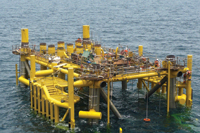
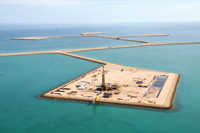

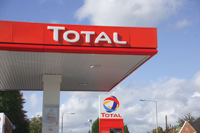
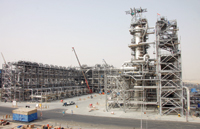

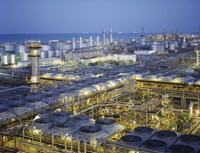
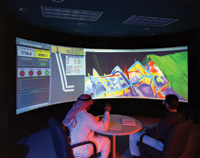
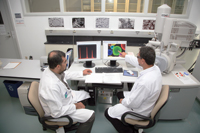

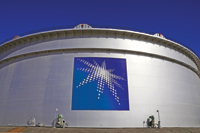
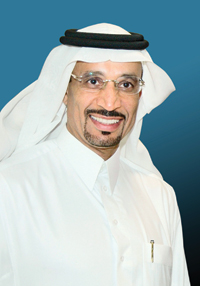
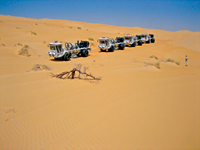
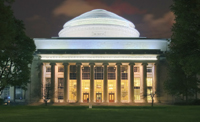
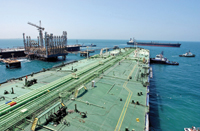
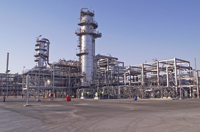
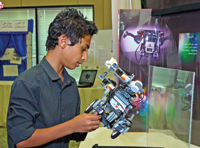
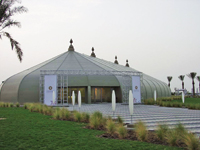
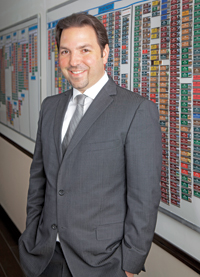
.jpg)
